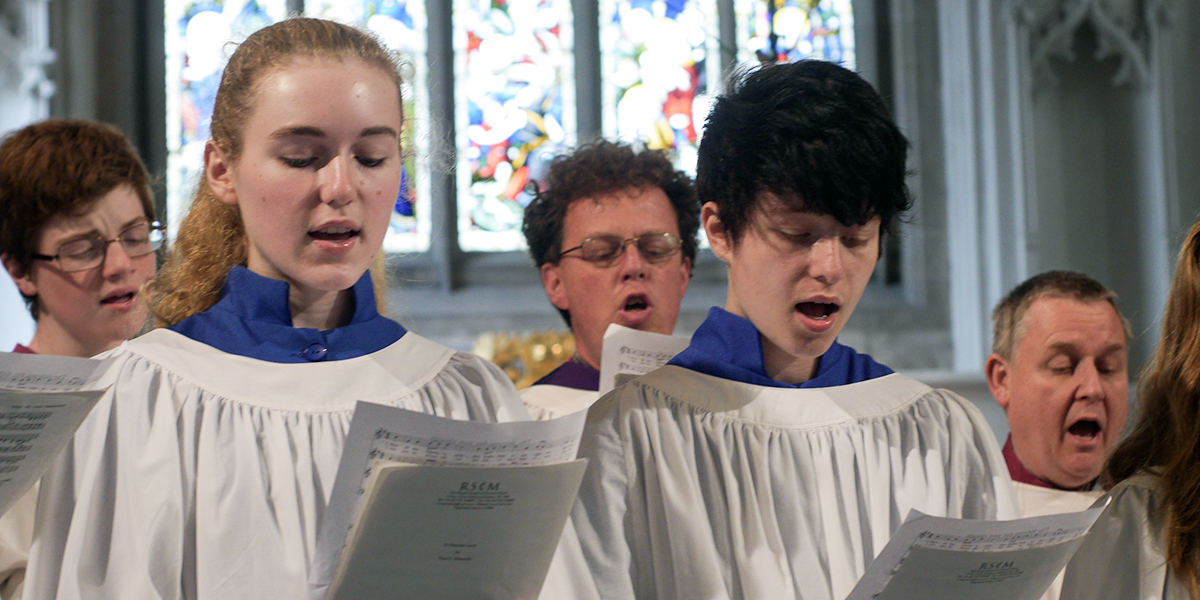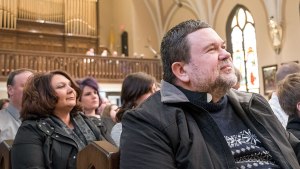Lenten Campaign 2025
This content is free of charge, as are all our articles.
Support us with a donation that is tax-deductible and enable us to continue to reach millions of readers.
An article in the March edition of the Italian magazine Wellbeing, Health with Soul (BenEssere, la salute con l’anima) offers us the chance to go deeper into a scientific perspective on the psycho-physical effects of faith, revealing a truly encouraging panorama. The author is science journalist Piero Bianucci, who from the beginning makes it clear that he’s not trying to draw an exaggerated and utilitarian conclusion such as, “If you believe in God, you won’t have any health problems.” Rather, he wants to share with us the interesting results of neuroscientific experiments showing the positive impact of religious experience.
Spiritual resonance
The article is largely based on the book Psychotherapy of God (Psychothérapie de Dieu, in French) written by French psychiatrist Boris Cyrulnik, which reveals that, through the use of simple, non-invasive MRI scans, it has become clear that prayer and other emotional experiences related to faith activate a specific area of the brain: the prefrontal lobes, which are connected with the limbic system—the area of memories and strong emotions (highly stimulated in childhood).
As a consequence, he says, “Studies of brain circuitry do not reveal the existence of a ‘God zone’ or a ‘religion zone,’ but they do show that an environment structured by religious faith leaves a biological mark on our brain and makes it easier to re-discover feelings of ecstasy or transcendence acquired in infancy.”

This leads to an interesting reflection. It’s as if we have a treasure chest within us, ready to be opened when we need it. Activities such as saying your night prayers as a child, praying the Rosary with your grandmother, or going to Mass with your parents are not passing moments that vanish into thin air with adolescence and adulthood. Even when our adult children reject our invitation to pray, or they turn their backs decisively on religion, we can be sure that the good experiences they had as children sharing faith-based activities with us remain impressed upon their brains, and will be ready to reappear as soon as the prodigal son feels the need to return home.
Singing brings us together
The idea that repetition is necessarily boring is a very mistaken stereotype. Anyone who knows the beauty and the joy of praying the Rosary knows that this “repetitious” prayer makes us like a farmer who is cultivating a field. When hoeing and planting, every movement seems repetitious, but it’s only through this constant repetition that the field is tilled and sown, and becomes fertile and fruitful.
Neuroscience has also discovered the reassuring and encouraging value of rituals. “Prayer and the sacred formulas dissolve the suffering that comes with isolation. When you sing a hymn, you are not alone. Sacred objects symbolize the possibility of having access to Him who protects us all. Acts of faith inspire us with a feeling of belonging. The feeling of brotherhood heals our anxiety.”

Relationships are the most important human motivator, and they are most effective when the companionship is real, in the flesh. If social networks give us the impression of being together and gives us forums for sharing in which each person expounds his or her own opinion, the Holy Mass is a revolutionary gesture, the manifestation of being a choir, joined in harmony, in which we recognize each other as equals, with shared limits and needs. We are joyful because together we have words to express our gratitude and praise, words that work for all of us, and which are true for each and every one of us.
Sister Longevity, Brother Well-Being
The last surprising piece of news found in Piero Bianucci’s article refers to the world of the cloister.
There are many stories of people who in recent years, not just in the far past, have made the counter-cultural choice of leaving behind their freedom in the world to enclose themselves in a convent or monastery. These people have become witnesses overflowing with joy, revealing that they’re not truly far from the world; if anything, they’re more present in the world, even though they are at its margins.

Scientists now have an insight into this enthusiastic form of life, which apparently produces physical and psychological effects: “A group of researchers became curious when they discovered that the life expectancy of nuns is particularly high, while the rate of occurrence of Alzheimer’s disease is unusually low. The researchers came to the conclusion that it was the environment of the convent, structured on faith and on rituals, that favors a greater life span and that keeps the sisters’ brains working efficiently.”
It’s beautiful to know that these servants of goodness have unusual reserves of perseverance, enthusiasm, and strength to continue their mission and to help us in our daily difficulties through their prayers.

Read more:
Why people with religious faith tend to sleep better

Read more:
5 Surprising health benefits of church attendance

